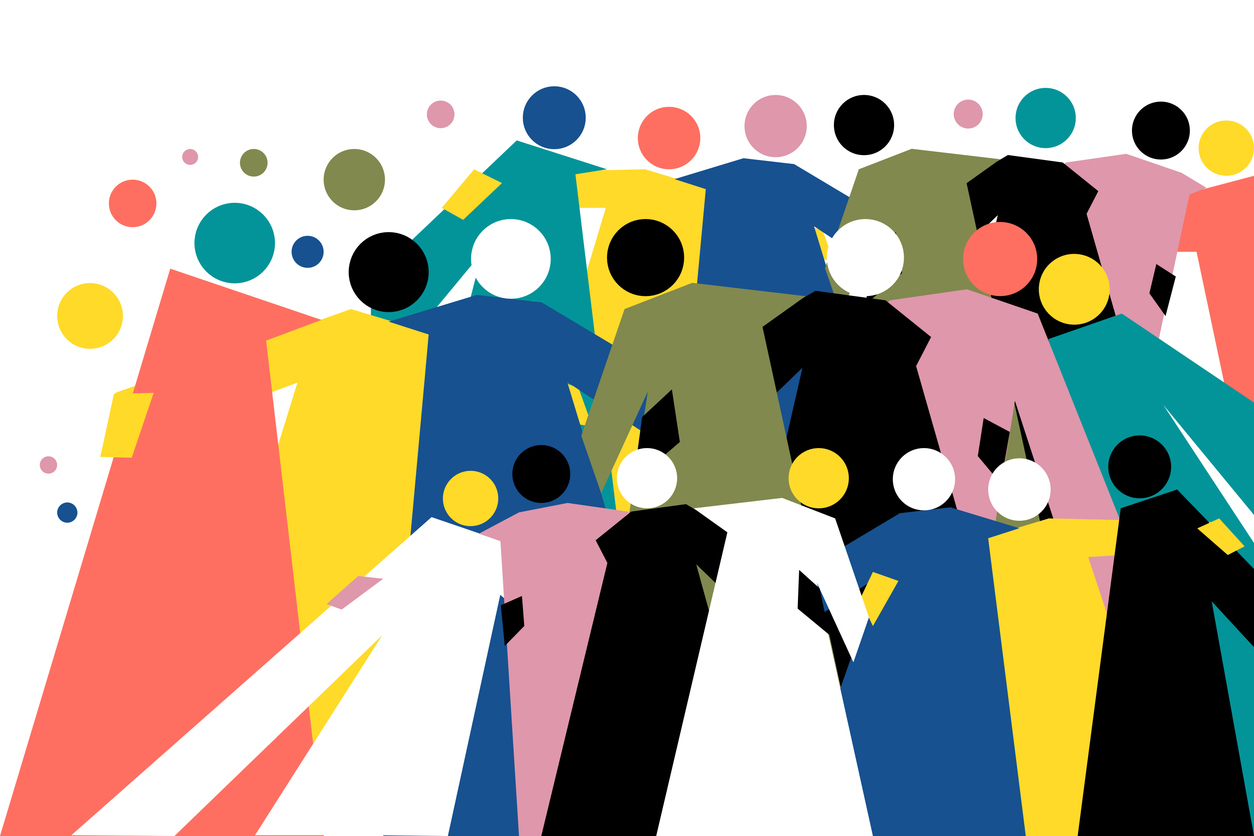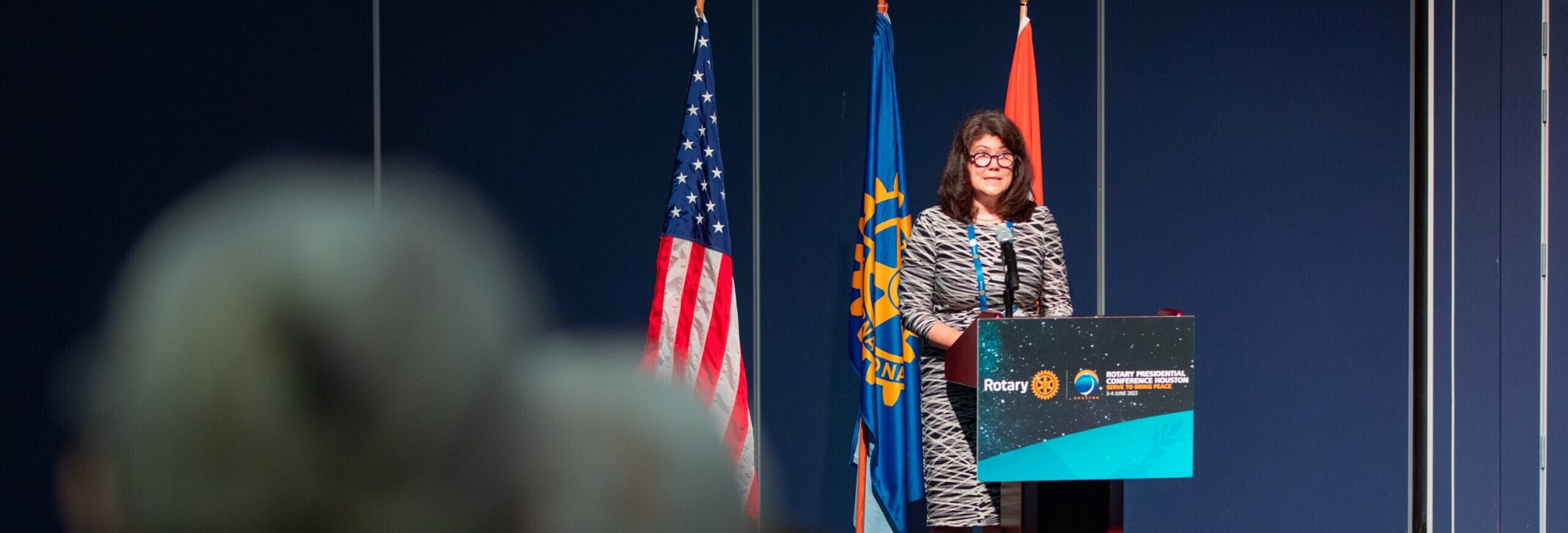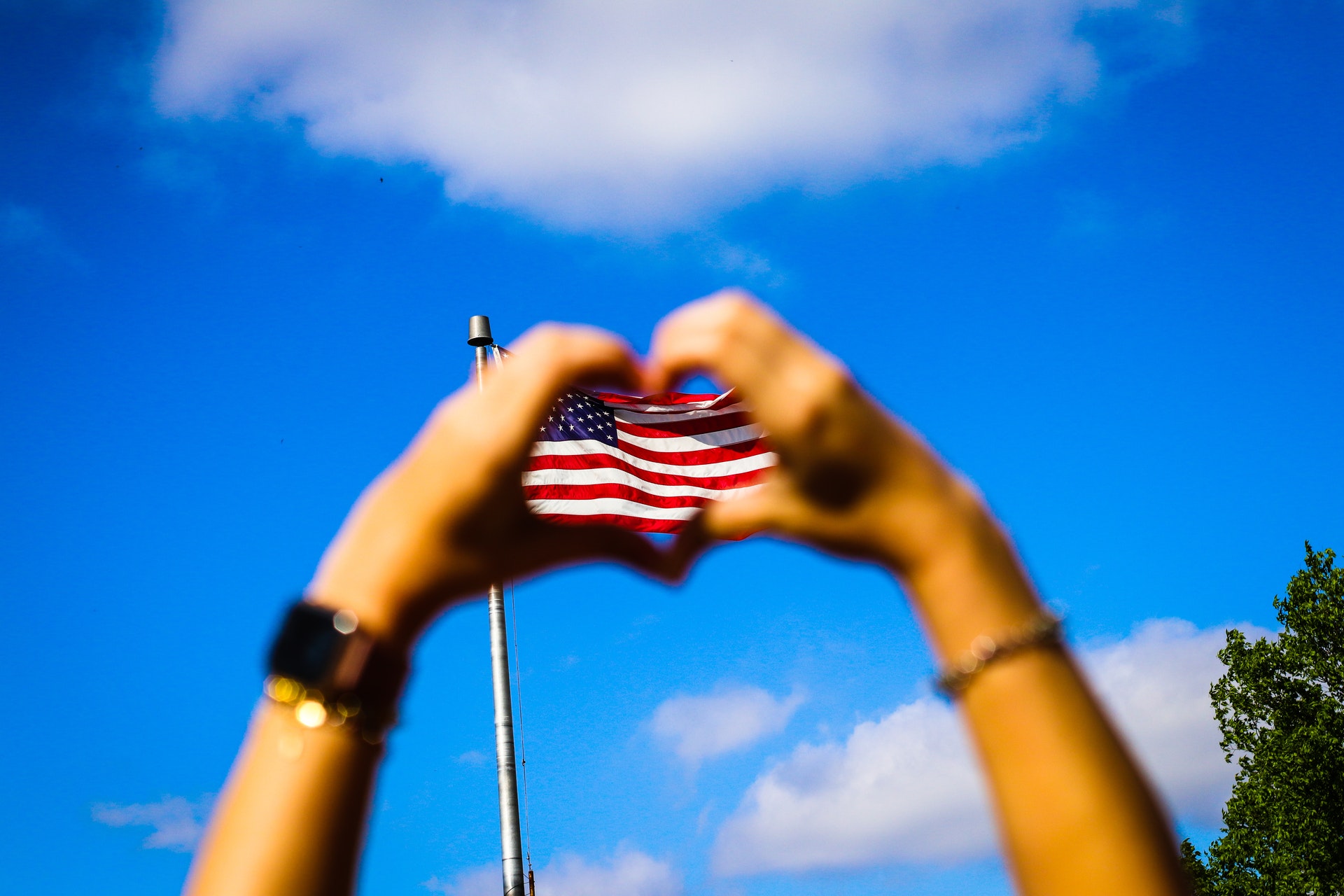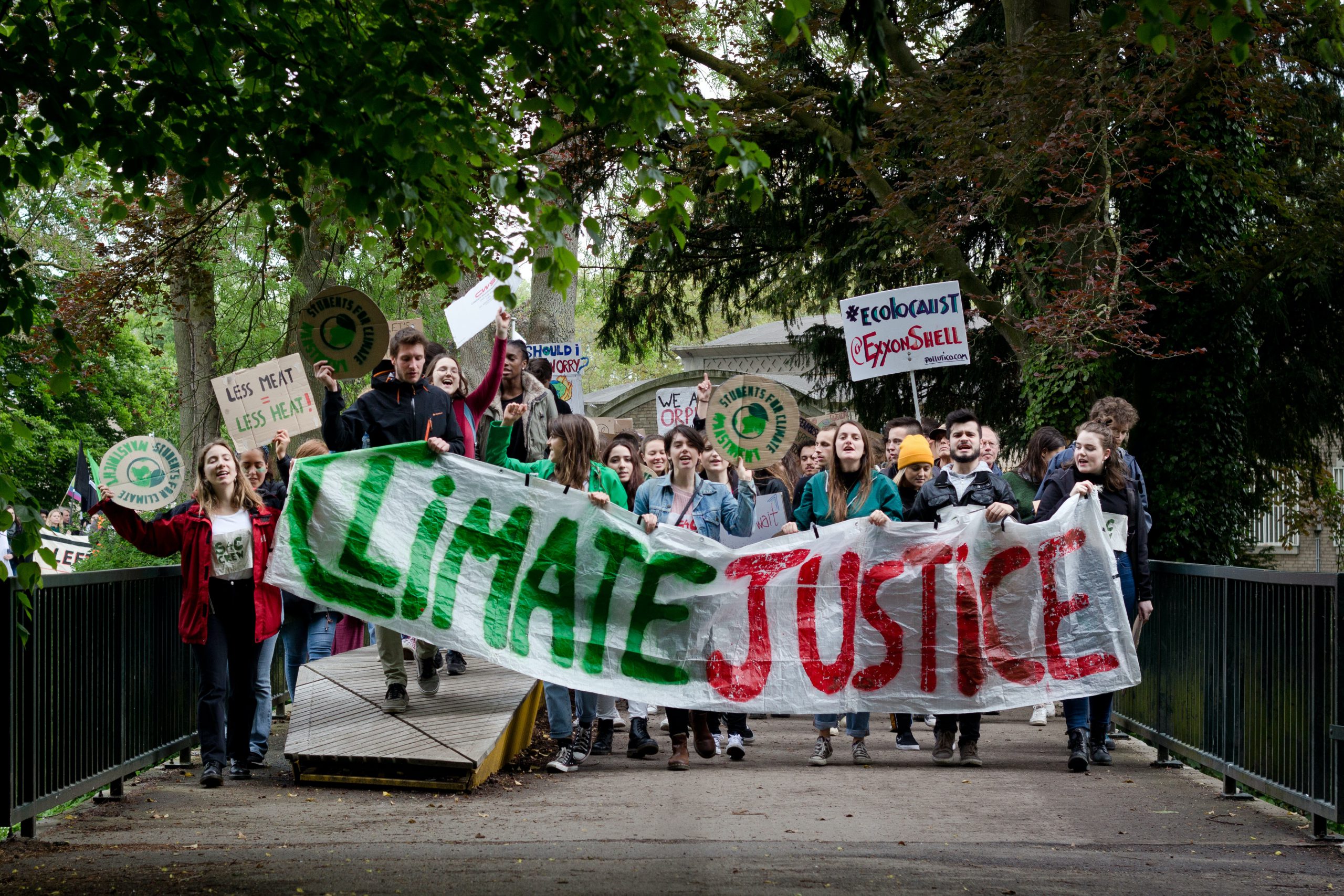Tag: Intermestic

Resilience and Post-election Management
In the aftermath of elections, whether they bring victory, disappointment, or controversy, movements promoting democracy and human rights often face critical challenges in sustaining momentum and navigating political realities. This...

Defending Democracy with Humor and Dilemma Actions Tactics
Successful broad-based, pro-democracy fronts often rely on a range of tactics and strategies to engage more people in their cause. One particularly powerful approach is the use of dilemma actions,...

THE PILLARS PROJECT: Labor Unions and Professional Associations
*This article was written by former Director of Applied Research Jonathan Pinckney. Why should labor unions and professional associations care about authoritarianism? American democracy is in a moment of crisis....

The Pillars of Support Project
Click here for the Pillars of Support Project Page The complexity of the problem has hampered efforts to coordinate action against authoritarianism. Yet such coordination is crucial. Research shows that the most...

Violence and the Backfire Effect
*This article was written by former Director of Applied Research Jonathan Pinckney. Any movement that seeks to stand up against powerful opposition and advocate on important political issues must be...

Rethinking “Polarization” as the Problem
On June 6, 2022 Horizons’ Chief Network Weaver Julia Roig, shared the main stage at Rotary’s 2022 Presidential Conference in Houston with Gary Slutkin, the founder of Cure Violence and Azim Khamisa, the founder...

Authoritarianism: How You Know It When You See It
What is democracy? Forms of rights-based representative government in which: elected government leadership is constrained by constitutionalism, the rule of law, the separation of powers, the free expression of the...

America’s Democracy Moment
*This article was written by Chief Organizer Maria J. Stephan and was first published on Just Security. As Americans prepare to celebrate Independence Day on July 4th, it is crucial...

Combatting Authoritarianism: The Skills and Infrastructure Needed to Organize Across Difference
*This article was written by co-Leads Julia Roig and Maria J. Stephan and was first published on Just Security. As the United States celebrated Martin Luther King Day this January,...

How Domestic Civic Movements Could Reshape US Foreign Policy
*This article was written by Chief Organizer Maria J. Stephan and was first published on Just Security. President Joe Biden’s early reversals of Trump policies have included at least three...
